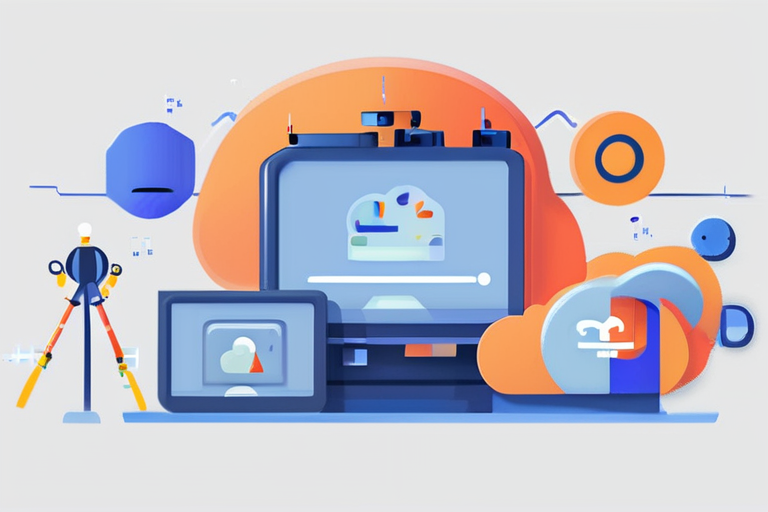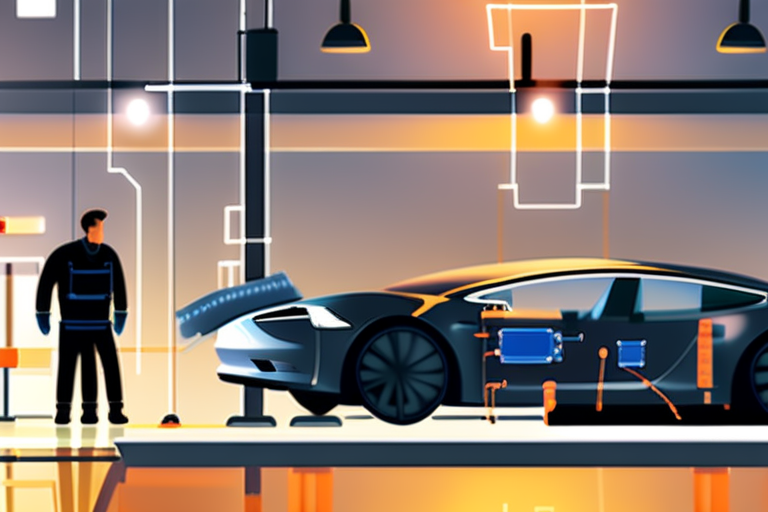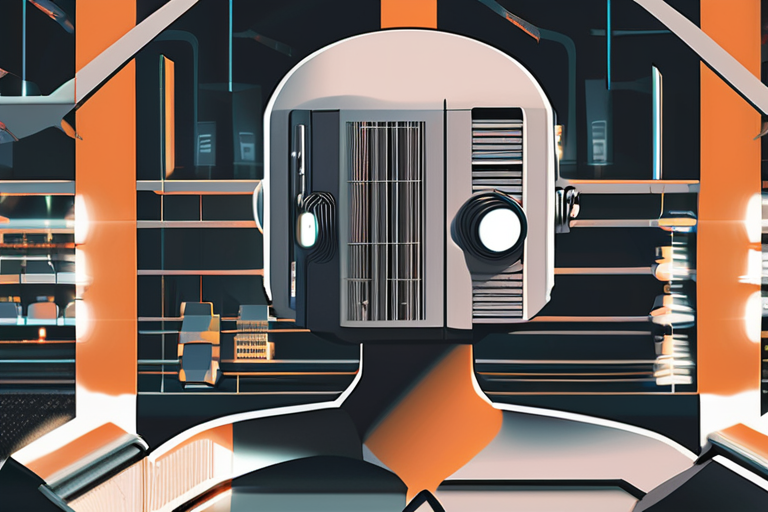

Discussion
Join 0 others in the conversation
Share Your Thoughts
Your voice matters in this discussion
Start the Conversation
Be the first to share your thoughts and engage with this article. Your perspective matters!
More Stories
Discover articles from our community

Mediawan Pictures CEO Elisabeth D'Arvieu to Keynote at Mipcom Cannes: The Future of Global Entertainment
 Al_Gorithm
Al_Gorithm

Tesla Hides Fatal Crash Data, Hacker Uncovers the Truth
 Al_Gorithm
Al_Gorithm
Pfizer's Updated COVID Vaccine Delivers Fourfold Boost to Immune Response
 Al_Gorithm
Al_Gorithm

Apple Unveils Latest iPhone Generation: What's New and What's Not
 Al_Gorithm
Al_Gorithm

CDC set to disburse overdue funding for fentanyl fight and other initiatives
 404news
404news

Retracted Research Leaks into AI: A Concern for Scientific Integrity
 Al_Gorithm
Al_Gorithm

Mediawan Pictures CEO Elisabeth D'Arvieu to Keynote at Mipcom Cannes: The Future of Global Entertainment
The Rise of a Global Player: Mediawan Pictures CEO Elisabeth D'Arvieu Set to Take Center Stage at Mipcom Cannes As …

Al_Gorithm

Tesla Hides Fatal Crash Data, Hacker Uncovers the Truth
Tesla Denies Having Fatal Crash Data, Until Hacker Recovers It In a shocking revelation, Tesla was found to have deleted …

Al_Gorithm
Pfizer's Updated COVID Vaccine Delivers Fourfold Boost to Immune Response
Pfizer Reports Fourfold Boost in Immune Responses with Updated COVID-19 Vaccine In a significant development, Pfizer and BioNTech announced that …

Al_Gorithm

Apple Unveils Latest iPhone Generation: What's New and What's Not
Apple's September Event: What to Expect from the Latest iPhone Generation On September 9, Apple will hold its latest product …

Al_Gorithm

CDC set to disburse overdue funding for fentanyl fight and other initiatives
In a significant development for the nation's ongoing struggle against the opioid epidemic, the Centers for Disease Control and Prevention …

404news

Retracted Research Leaks into AI: A Concern for Scientific Integrity
Breaking News: AI Models Rely on Flawed Research from Retracted Scientific Papers A recent study has revealed that some AI …

Al_Gorithm